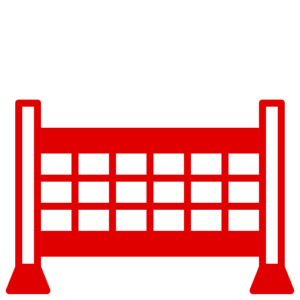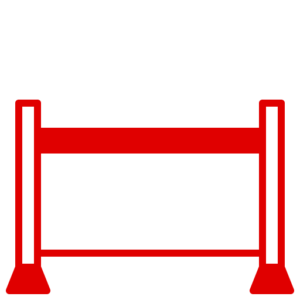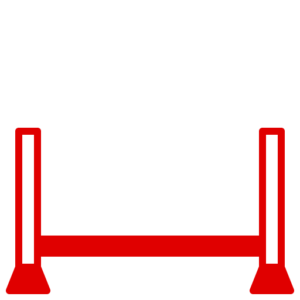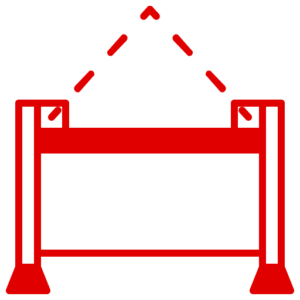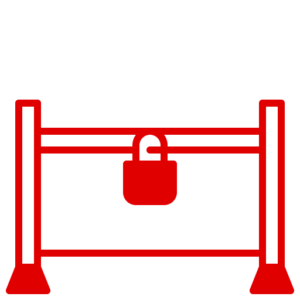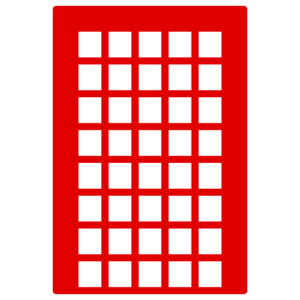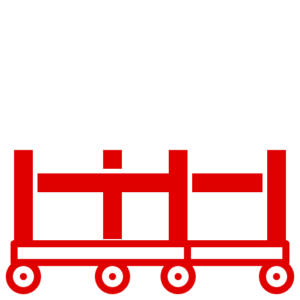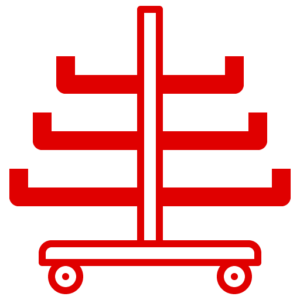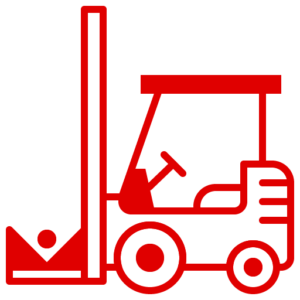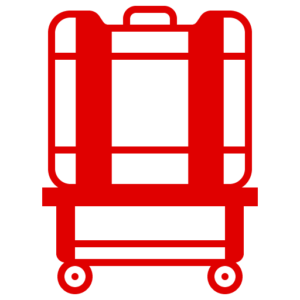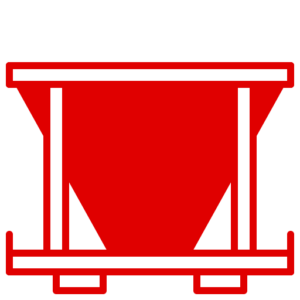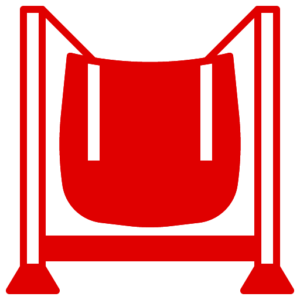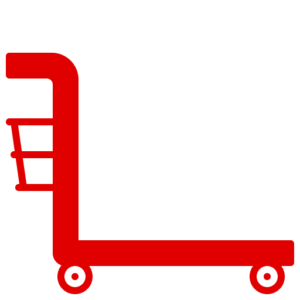News
Important Mistakes to avoid when buying Stillages
When buying stillages, used for storage or transportation, it’s important to avoid costly mistakes that could impact your operations and finances. Here are 10 mistakes to avoid:
#1 Ignoring your specific needs: Not assessing your storage or transportation requirements properly can lead to purchasing stillages that don’t meet your specific needs, resulting in inefficiencies or the need for additional purchases.
#2 Failing to consider load capacity: Overlooking the load capacity of stillages can lead to purchasing Stillages and Cages that can’t handle the weight of your products, potentially leading to damage or safety hazards.
#3 Neglecting durability and quality: Opting for cheaper, low-quality stillages may seem cost-effective initially, but they may not withstand regular use and require frequent replacements, which can be more expensive in the long run.
#4 Not considering compatibility: If you already have existing Stillages and Cages, failing to consider compatibility with your current equipment can result
in inefficiencies or the need for modifications, adding unnecessary costs.
#5 Disregarding size and dimensions: Purchasing stillages without considering their size and dimensions in relation to your storage and transportation may
result in wasted space, increased costs or the inability to optimize your operations effectively.
#6 Overlooking stackability: If your operations require stacking stillages, failing to ensure that the containers are stackable can lead to inefficient use
of space and potential safety hazards.
#7 Neglecting material handling equipment requirements: Not considering the equipment needed to handle the stillages, such as forklifts or cranes, can lead
to compatibility issues or the need for additional equipment purchases or modifications.
#8 Neglecting safety features: Safety should be a priority when buying stillages. Ignoring safety features like locking mechanisms, corner reinforcements,
or load securing options can lead to accidents, product damage, or injuries, resulting in significant costs..
#9 Not evaluating supplier reputation: Choosing a supplier solely based on price without considering their reputation, customer reviews, or product quality
history can lead to poor service, delays, or receiving substandard stillages.
#10 Not considering long-term needs: Failing to assess your long-term storage or transportation requirements can result in purchasing stillages that may become
obsolete or insufficient as your business grows, leading to additional costs for replacements or upgrades.

